“When someone you love becomes a memory, the memory becomes a treasure.” – Author Unknown
Standing vigil.
As the end became near and imminent – the realization of what was happening was beyond words. Everything that had led up to where we were in the dying process, all the fight, all the efforts, all the work, was culminating in this moment that was ebbing and flowing. It was no longer a regular day so to speak, it was a minute by minute sort of existence. It was oddly surreal.
I will tell you, for those who don’t know, in addition to grieving, there are also steps in the physical dying of the body that are eerily familiar from one person to the next. There are differences, but essentially it is the same process. I won’t go into all those details, but if you find yourself dealing with such a situation, please do ask directly, hospice nurses or volunteers, what you should expect. Again, knowing what is happening can be less traumatic and more peaceful.
In the case of my mother, she told me the day the doctor told her there was no more to be done, “I want LOTS OF DRUGS and LOTS OF OXYGEN!” She was quite direct and emphatic about it. I must say, I did laugh. You would have too, if you knew my mother. Heroics in physical pain or discomfort was not ever going to be something she subscribed to. I said, “I can do that.” And I did, in the end, when she could no longer administer her own morphine. I didn’t wait for her to have discomfort before giving it to her. I set the alarm on my stove and administered her morphine every four hours like clock work and adjusted it as empowered by hospice nurses through their education of what was OK to do and what to look for. I slept nearby so I could make sure she was comfortable. Thank goodness the nurses told me she might pull her oxygen off as she nears death and to not be concerned about it. She had told me she wanted lots of oxygen and had the nurse not told me this, I probably would have been forcing it on her. See what I mean about learning a bit about the process? Its important, you need to do this before, not after. Courage. It takes courage to ask these questions and hear these answers, but it does empower you and help you to help your loved one without being traumatized.
She passed away gracefully and peacefully and we actually have some great stories about it that my sister and I share, that make us giggle. I know, it sounds weird, but its true. I was amazed really at how serene it all was. We accomplished what she wanted. A pain free, graceful, dignified death. Lynn was pretty good until it was over. When the funeral home came, she started to fall apart. The realization, that she was fighting so hard to deny, was crashing down on her. My husband stepped in, and with the nurse, took care of the funeral folks and I stayed with my sister in the other area of the house to console her. All in all though, it was pretty amazing how well she held up. It was hard for me to see her suffer so.
The following day, I was sort of shell shocked. The at-home medical folks were coming to get the bed, the oxygen, the wheel chair, etc. That was awkward for me. They were the same people that brought them months earlier. I was more concerned with how it must be for them, to be picking up all this stuff. It was strange.
I went to the grocery store and found myself meandering down the isles with no idea what I was doing there. For months I would race in and out of the store with incredible efficiency and now I was completely feeling like a fish out of water. I couldn’t think or decide about anything. I left.
I was struggling with what appeared to me as a lack of grief, lack of loss. What was going on? It took me a while, but I realized that I had been grieving all along. That “relief” you hear people talk about, was indeed a real emotion. The guilt that you feel, about feeling relief that they have moved beyond their suffering, was also a real emotion. What was it exactly that was happening or not happening? I thought, people must think something was wrong with me. I found solace, however, in those who had been there before me. They understood. They helped me to understand what I was or wasn’t feeling at that moment.
When my father died, a sudden death, all the stages of grief happened AFTER he died. It was a process that took years to really come to grips with. I’m not saying it has to be years, but for me and our family it was years. Sometimes, I still think I’m picking away at it.
When my mother died, it wasn’t a sudden death, it was a dying process. I realized I had done the same grieving all along the way, and now, that it was over, there was not much left to grieve, I had done most of it already. It was awkward. I did cry when I would talk to a relative on the phone to let them know. I cried when I was trying to deal with some aspect of her life that needed some attention. I sat around the house lost at times thinking, what now? I had given up pretty much everything I had been doing before. My life got smaller and smaller and smaller as her death neared. Now I was sitting there, with the kids in school, Dave at work, my sister not stopping by everyday and not knowing what was next for me. Feeling guilty that I didn’t seem to be “normal”. Shouldn’t I be devastated? I would become very sad the many times I would reach for the phone to call her, like I had done most of my adult life, every day, realizing what I had done, and that she wasn’t there for me to call. I missed her deeply, I still do.
I was enriched beyond measure in the sharing of this very personal journey with her. People told me I had given her a gift. Taking care of her in her last days with so much love and care. Truth was, it was she who gave me the gift.
I still can’t tell you which is harder. I found them both difficult. Never seeing my father again so abruptly vs. caring for my mother as she declined daily.
Ok… remember that you will have all kinds of emotional struggles going on through this process. I hope that I have offered some insight both with my own personal experience and with some actual data on the subject. I don’t share it to make you sad or to feel sorry, but to empower you to engage in your journey with renewed courage and resolve, that you can do this and come out the other side with a strength you might not have known you had.
As I have taken this journey with Dave, who continues to do incredibly well, I know that these life’s experiences have served me, and Dave, very well. I don’t like to think about what may happen down the road with his Myeloma. I don’t want to take away the joys of living we are experiencing right now by burdening ourselves with what may happen down the line. But when “down the line” is happening to someone I know, it is painful. Their recovery is paramount to me. Finding ways to console them is still something I struggle with. How do you do that? There is a time and place I guess and knowing when that is, is indeed challenging. Mostly I just listen or read how they are doing. Often I find, these folks are so bright and well grounded, that I learn from them. Their strength impresses me greatly. I am indeed in awe.
My sister and I are closer than ever, though 3,000 miles apart in the places that we live. We laugh about our stories of our parents. We sometimes cry about things that we miss. But we have both found ways to remember them and honor them. I think they would be proud of us.










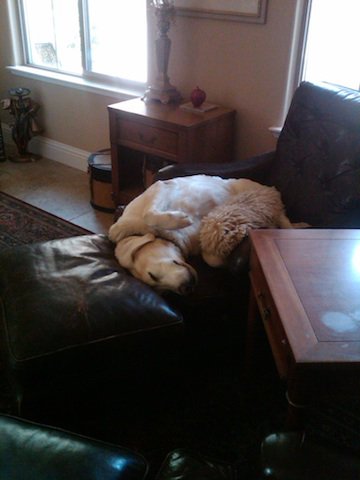
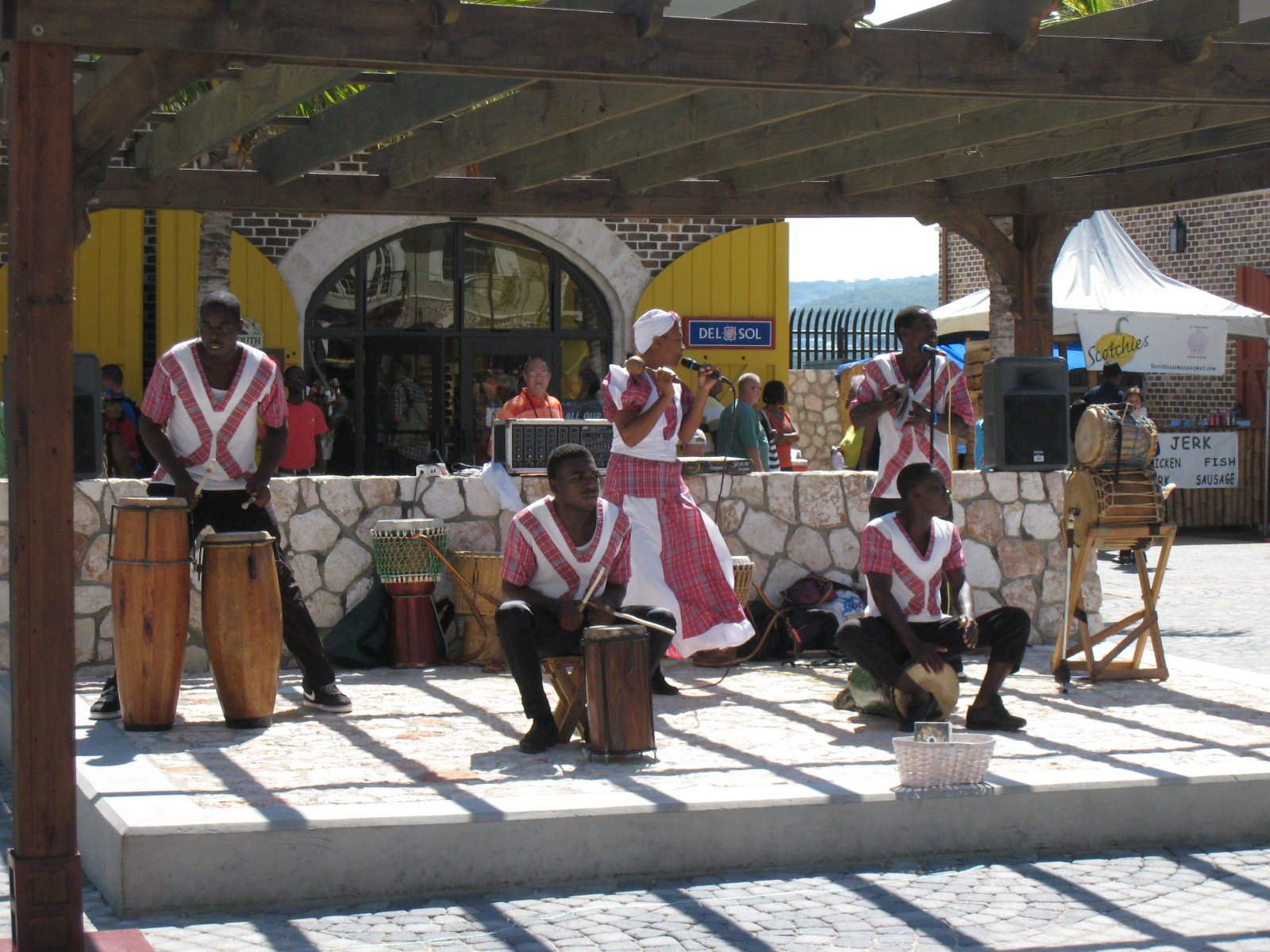
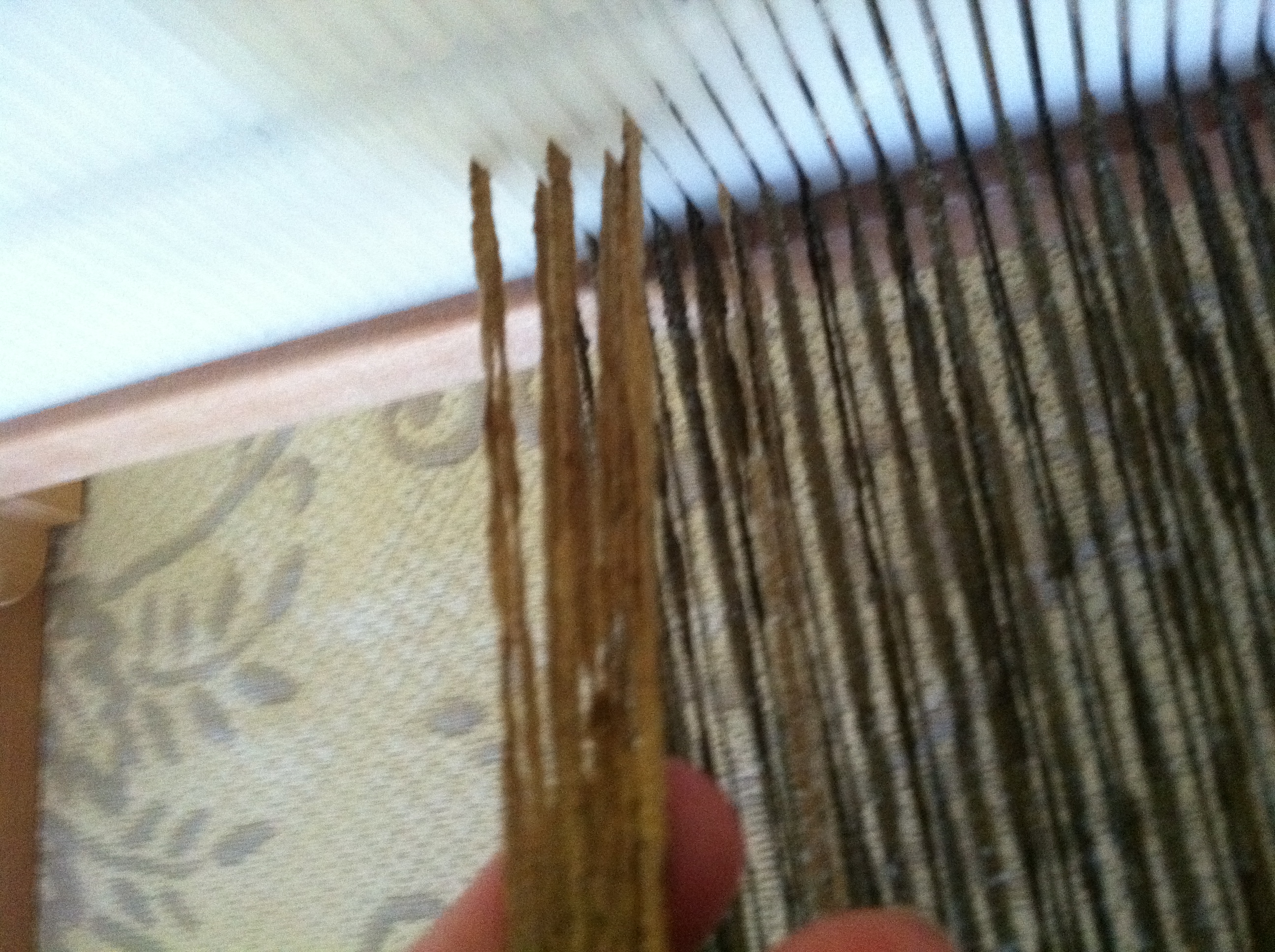
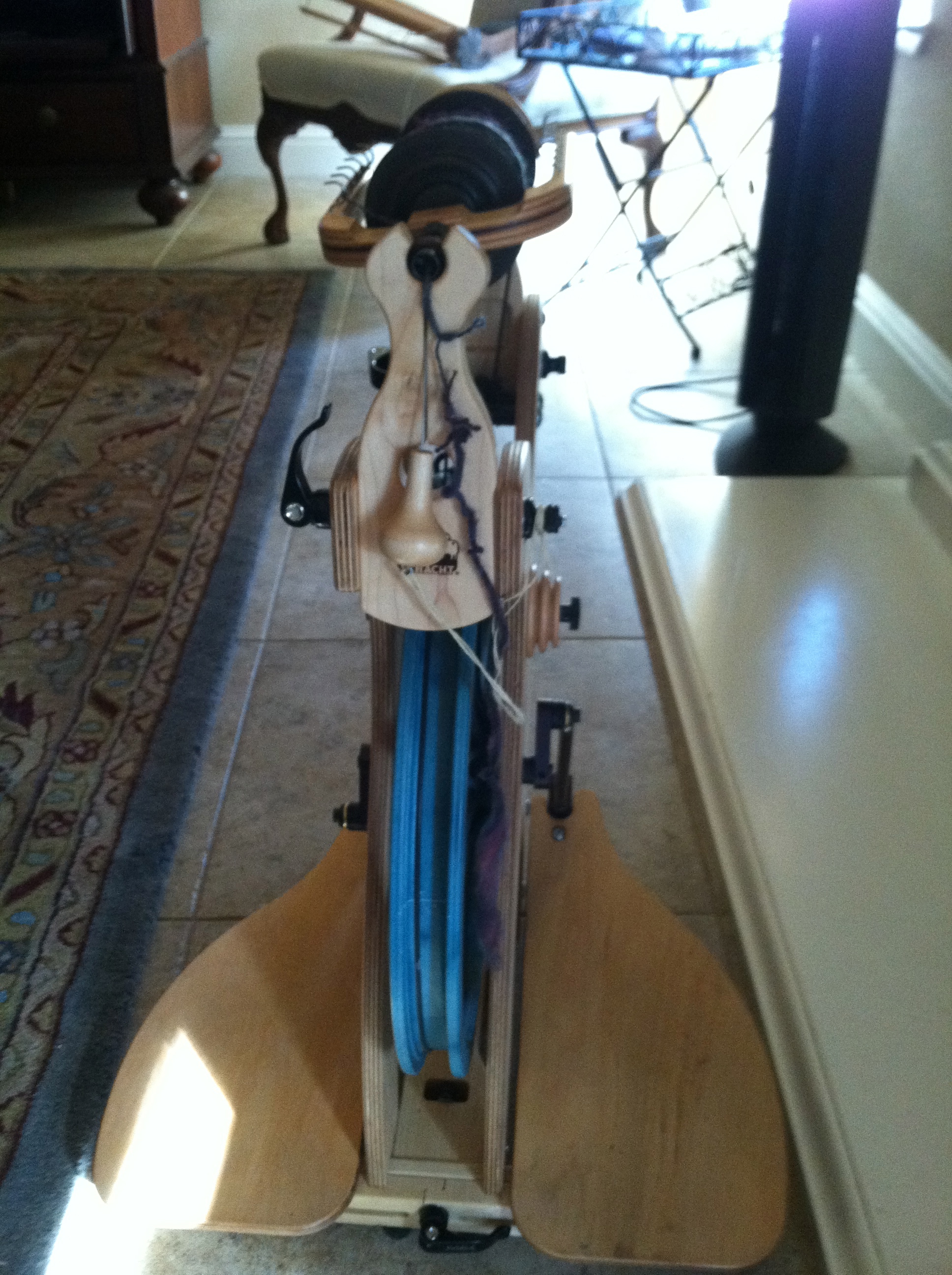

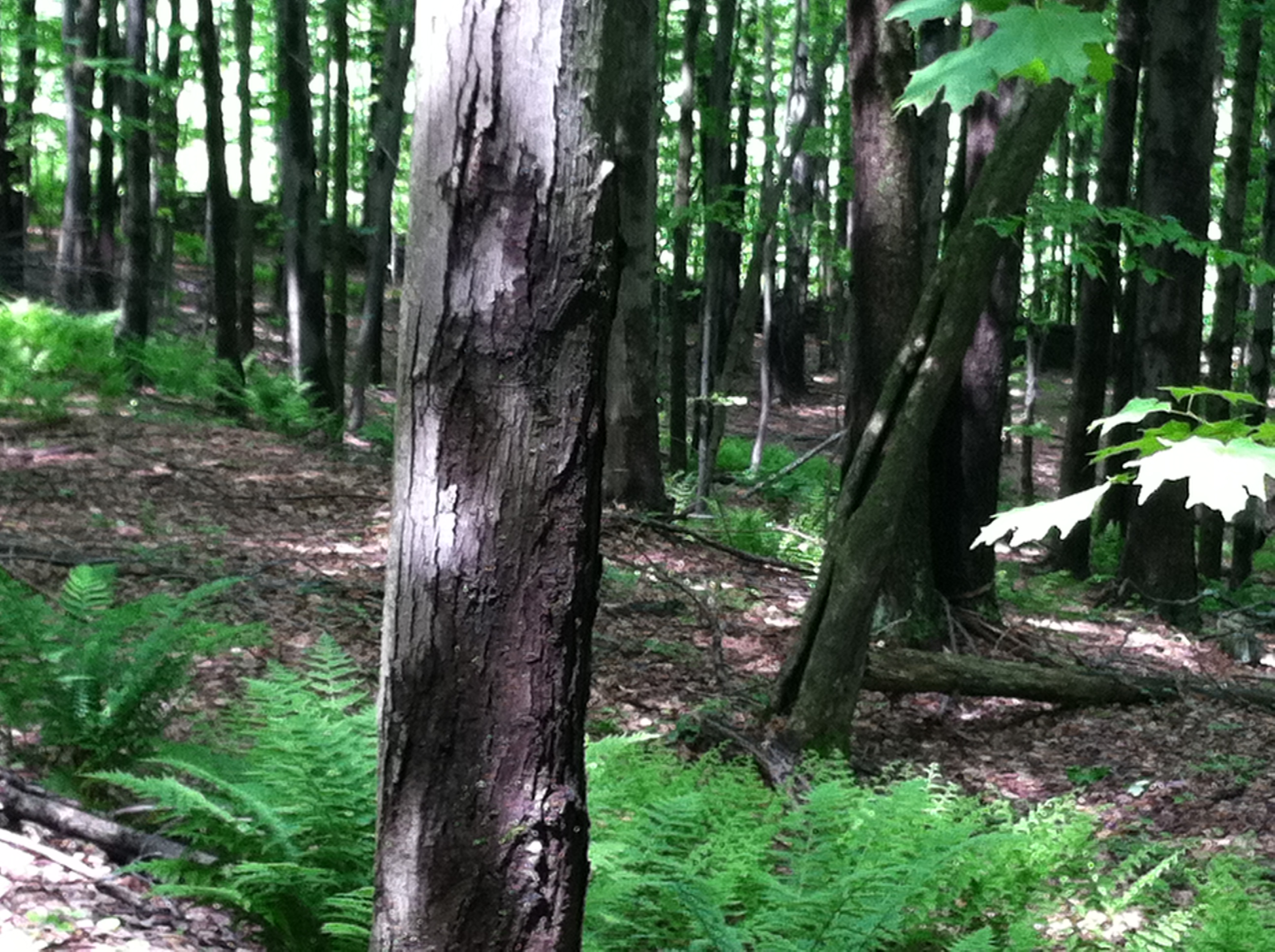


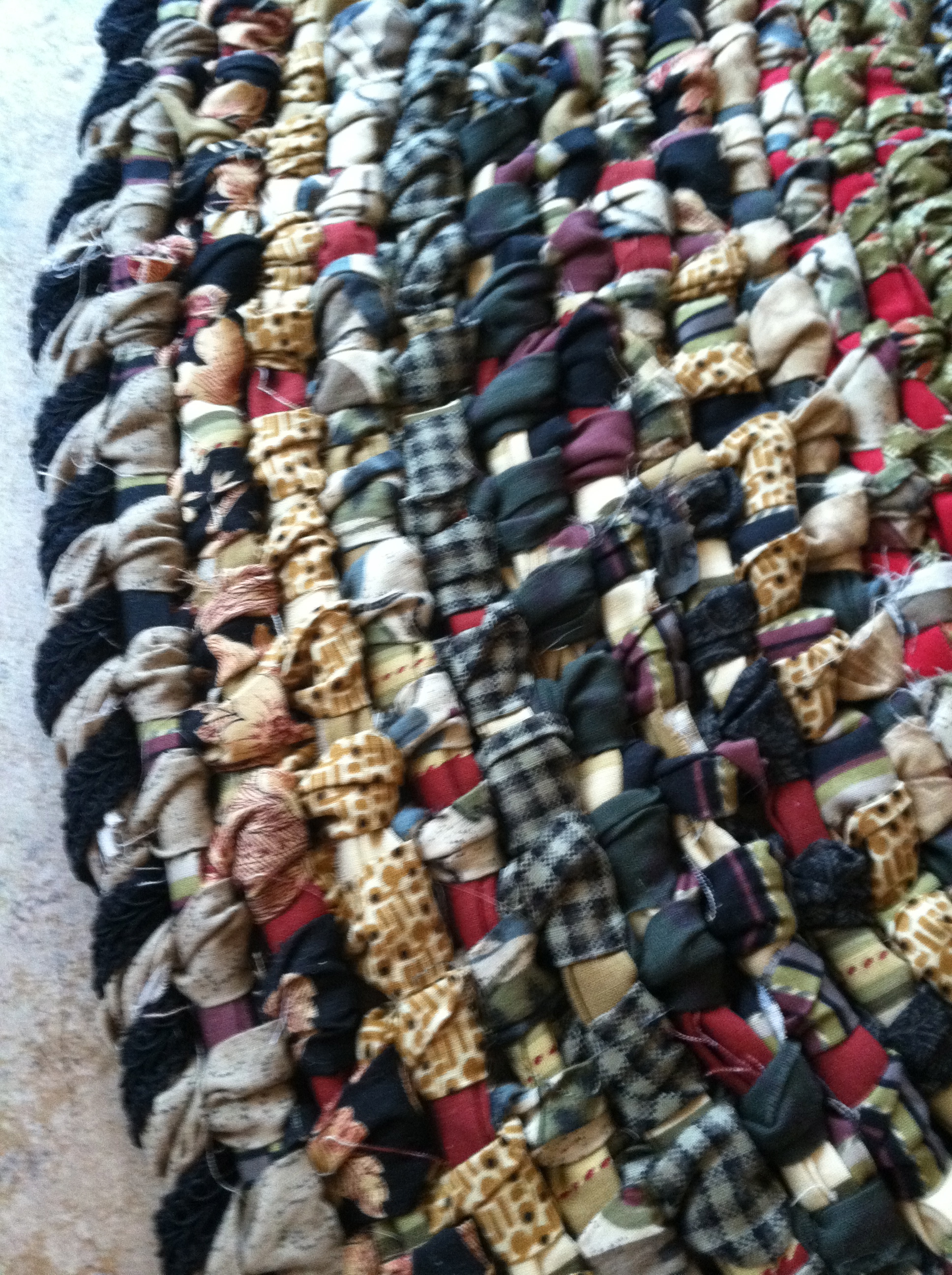
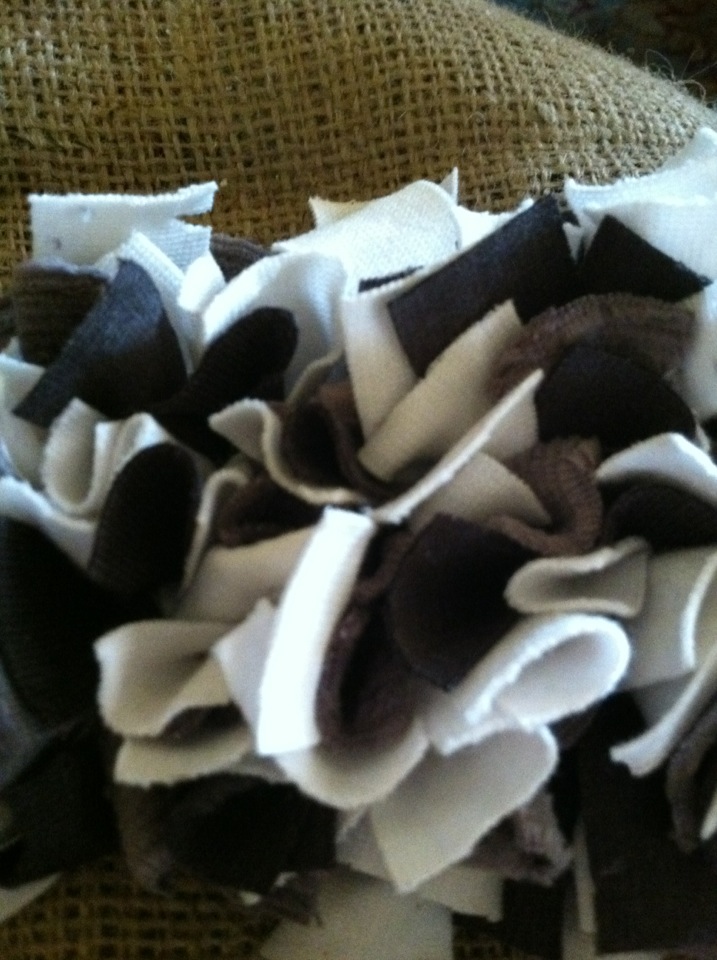


So blessed to be here this evening….Thanks Lori for sharing. How the experiences of your yesterdays help prepare others for today…. T
Oh dear Jim. The denial and anger she feels is the natural stages of grief and loss. We experience it either in the dying process or afterwards in a sudden death. Either way its tough. I surely hope you get more than two years. Treatments are doing so much more these days, but in addition to the extension of one’s life needs to include a quality as well. It can be rough seas ahead, but here’s to the calm between storms being meaningful and lovely for you both!
Hugs to you and your lovely caregiver.
Dear Lori; I’m sure your parents would be proud of all you did for them, and everyone concerned as well. I’ve learned a lot of what a care giver has to endure as they try their best to help. Yet be criticized for a lot of what they do/ or don’t do.
I’m hoping to help my wife who, (I think) is presently somewhere between denial and anger with her struggle dealing with me, and my Multiple Myeloma. The doctors can’t tell for sure but from their description I should have 2 good years. I hope they’re mirical years, that sweet girl deserves better than this.
Yea, I know all that stuff about “through sickness and health” but who actually thinks that stuff will happen to them. Hopefully neither you or my wife will suffer. As your husband, like I, experience the end.
I know what you mean about a long time of caring Susie. I feel the same way. My grandmother, mother, grandfather, and now Dave. I sometimes think that we are so fortunate that we had this past experience in caring for a loved one to help us get through what we are doing now.
Thank you always Susie, for your kind words, thoughts, and always unwavering support of others while slogging away through your own caregiving journey.
And thank you Paula also.
Lori, I was also with my Mother when she died and she left this world as gracefully as she lived in it. I then went on to look after my Father for 9 years, he came to live with us and such a delight was that stage of my life. I am still not really over losing them both but somehow you live well with it. I would like to think they are proud of me also, they adored Hamada and I know they would be devastated about these past years. ( Somehow it seems a long time of caring!)
I have no doubt in my mind just how proud your parents would be of you and I like to believe they know all about the good work you are doing here. X
I think they would be proud of you two, too!